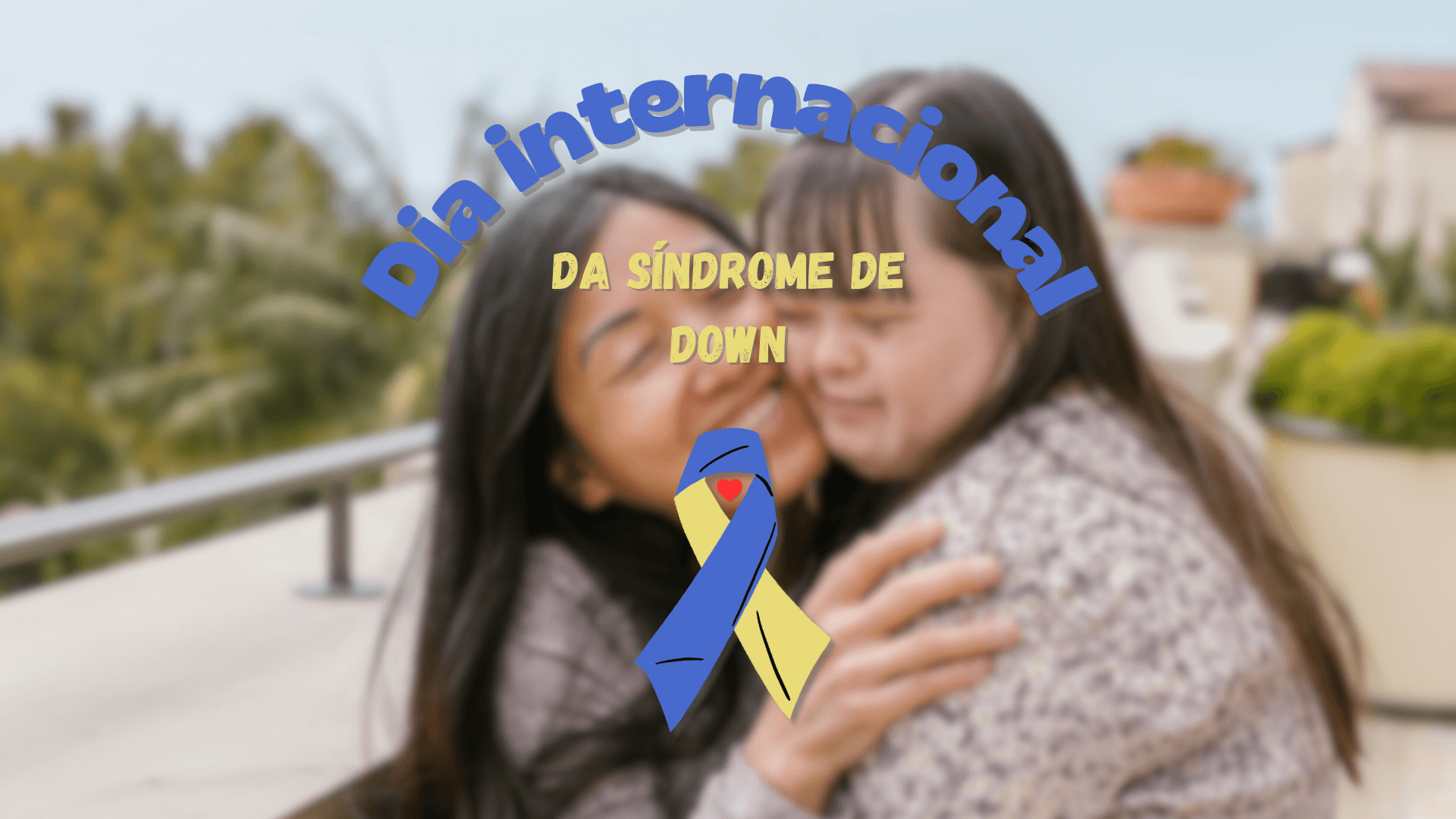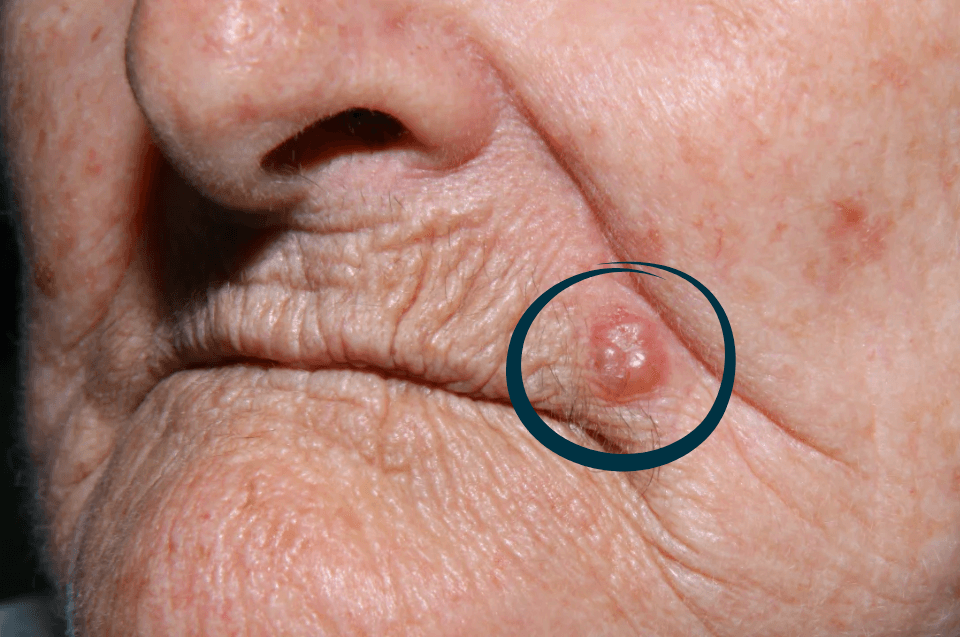International Down Syndrome Day
March 21 is International Down Syndrome Day, a date chosen to raise awareness about this genetic condition and promote the inclusion of people with Down syndrome in society. This date symbolizes the trisomy of chromosome 21 (3/21), which is the cause of the syndrome. The celebration of this day reinforces the importance of equity, respect, and valuing the skills and potential of people with Down syndrome, combating prejudice and ensuring opportunities for a full and independent life.What is Down Syndrome?
Down Syndrome is a genetic alteration caused by the presence of three copies of chromosome 21 instead of the usual two. This chromosomal alteration occurs randomly during embryo formation and affects the physical and intellectual development of the person. The condition is not a disease but a genetic difference that can bring some specific characteristics and challenges that can be overcome with appropriate support.Genetic Causes of Down Syndrome
Trisomy of chromosome 21 can occur in three main forms:- Free trisomy 21 (95% of cases): Occurs when the person inherits an extra chromosome 21 in all the body’s cells.
- Translocation (3 to 4% of cases): When an extra piece of chromosome 21 is attached to another chromosome.
- Mosaicism (1 to 2% of cases): Some cells have trisomy 21, while others have the normal chromosome count.
Characteristics of Down Syndrome
People with Down Syndrome may have some common physical and cognitive characteristics, such as:- Rounded face and upward-slanting eyes;
- Reduced muscle tone (hypotonia) at birth;
- Delay in motor and cognitive development;
- Greater predisposition to some medical conditions, such as congenital heart defects, hypothyroidism, and hearing problems;
- Higher risk of developing autism spectrum disorders (ASD) in some cases.
Down Syndrome and Autism: Is There a Relationship?
Although Down Syndrome and Autism Spectrum Disorder (ASD) are distinct conditions, some individuals may have both. Diagnosing autism in people with Down syndrome can be challenging, as signs of ASD may be confused with characteristics already associated with the syndrome, such as difficulties in communication and learning. Therefore, specialized medical follow-up is essential to ensure adequate support for each case.Development and Quality of Life
Many people with Down Syndrome can have a long, active, and independent life. With the right stimuli, they can develop academic, professional, and social skills, gaining autonomy in various areas. Some key points for quality of life include:- Early stimulation: The earlier therapies for motor and cognitive development are started, the better the results.
- Inclusive education: Adapted schools and trained professionals are essential for learning and social development.
- Medical follow-up: Regular consultations with pediatricians, cardiologists, ophthalmologists, and endocrinologists help prevent and treat associated health problems.
- Physical and recreational activities: Exercises help strengthen muscles, cardiovascular health, and socialization.
- Inclusion in the job market: Many people with Down syndrome perform professional functions excellently when they receive the necessary training.
Treatments and Therapies
Although there is no treatment to “cure” Down Syndrome, there are various approaches that help the person’s development and quality of life:- Physical therapy: Assists in muscle strengthening and motor coordination.
- Occupational therapy: Helps with autonomy in performing daily activities.
- Speech therapy: Works on communication, improving speech and language.
- Psychopedagogy: Stimulates learning and cognitive skills.
- Psychological support: Important for dealing with emotional and social challenges.



